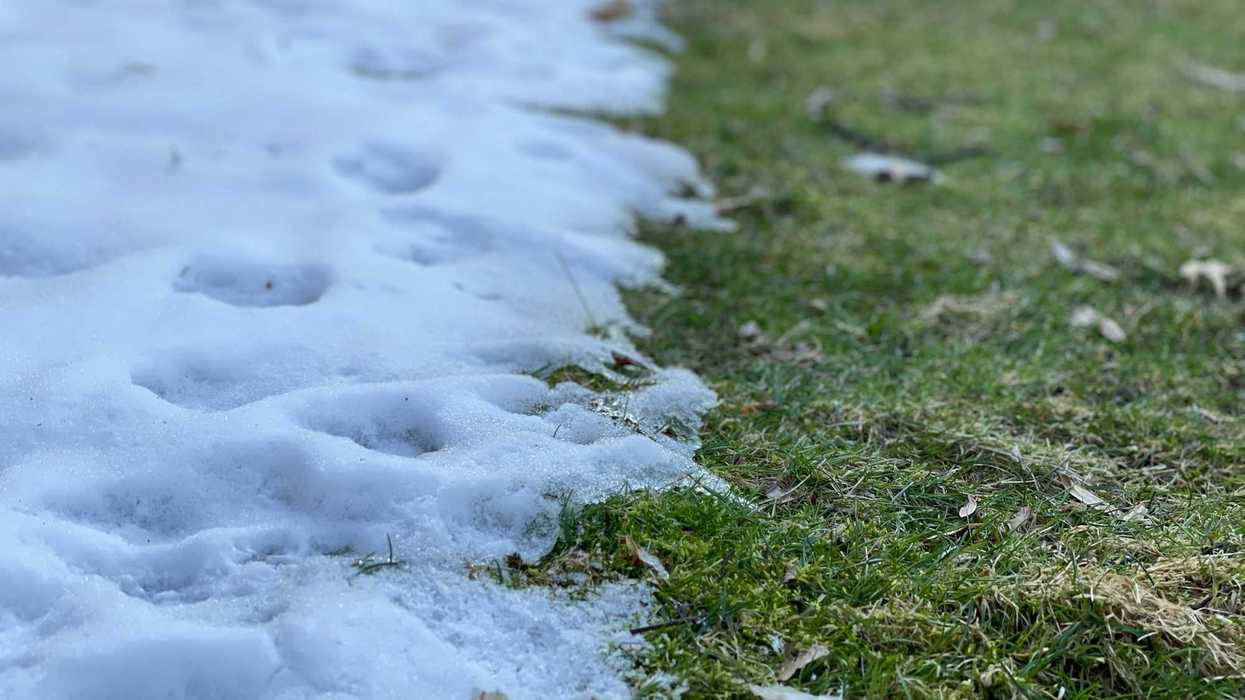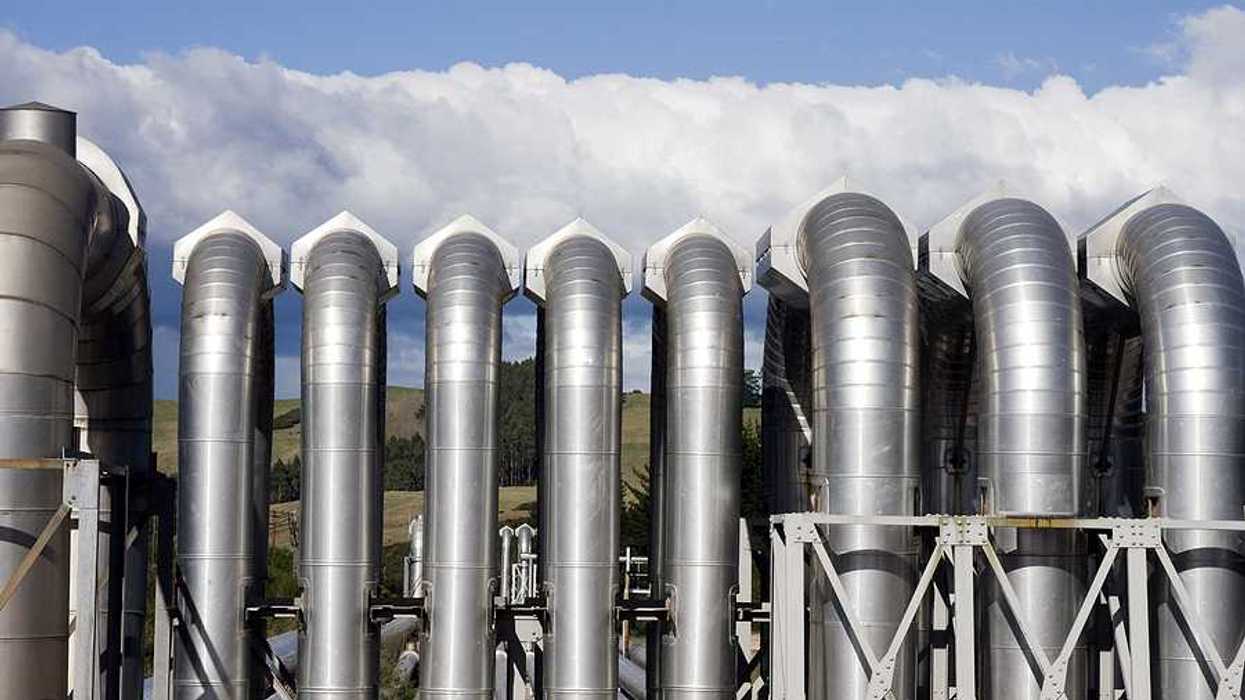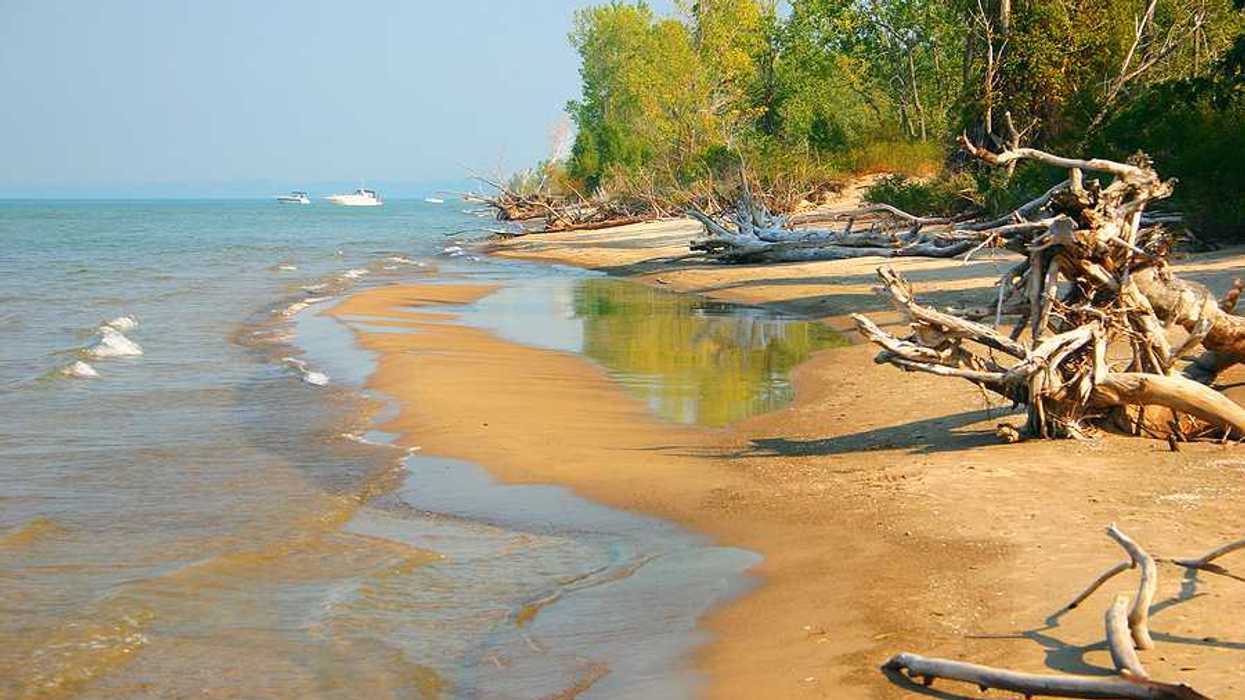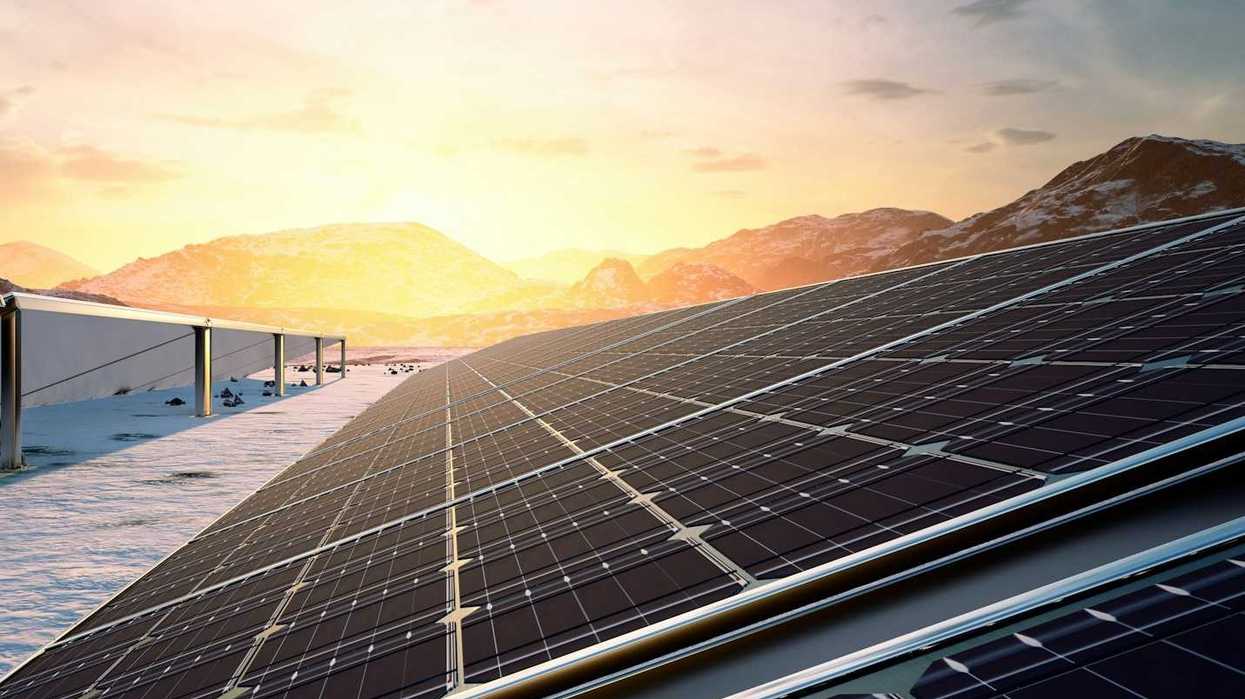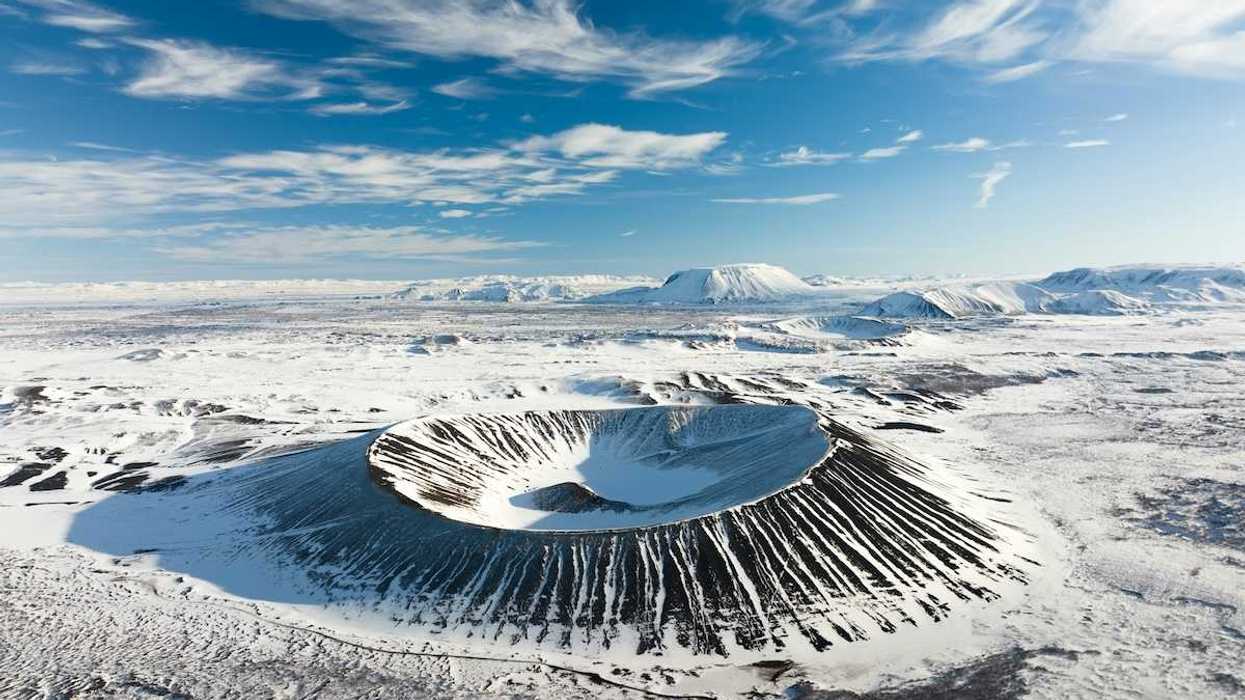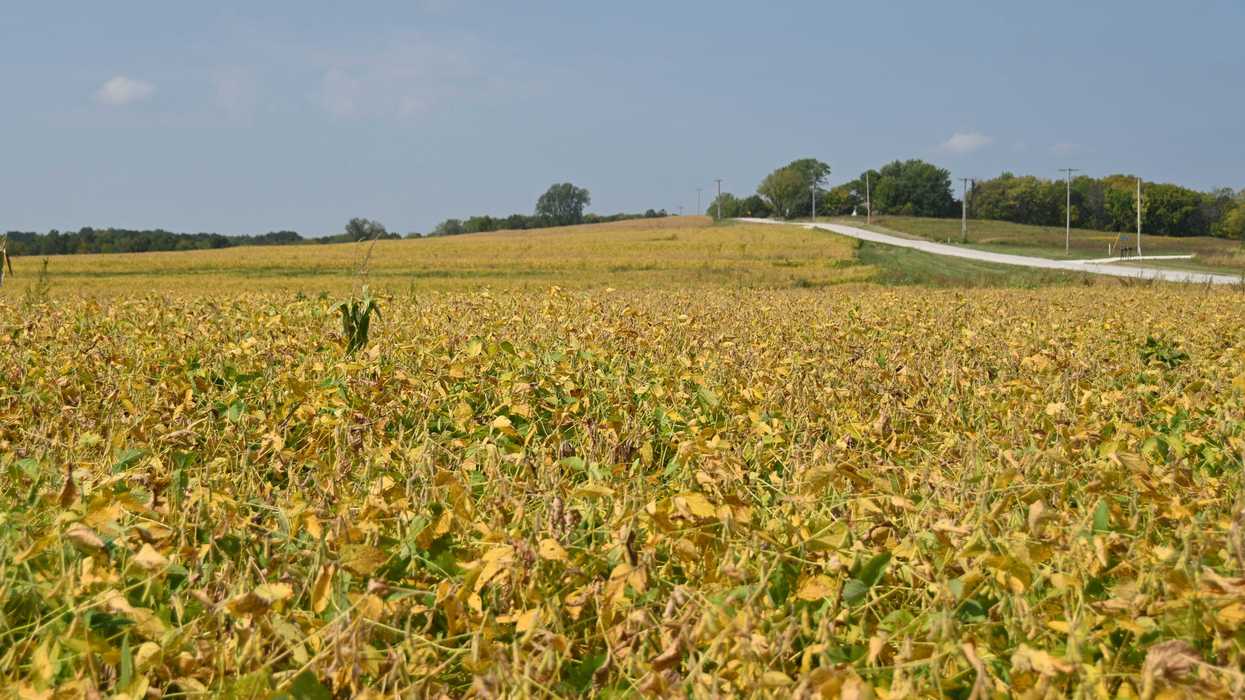Winter may be critical to lake ecosystems, with scientists now rushing to study under-ice processes as climate change shortens ice cover, altering fish, algae, and nutrient cycles.
Lydia Larsen reports for Inside Climate News.
In short:
- Scientists long assumed winter played a minor role in lake ecology, but research reveals significant algae growth and nutrient cycling even under the ice.
- Declining ice cover affects lake water quality, reduces carbon retention and disrupts cold-water fish species, impacting food webs and fisheries.
- Winter fieldwork remains challenging due to equipment freezing, safety concerns and limited training, though new programs aim to improve research conditions.
Key quote:
“It’s sort of a feedback loop of ignorance… you implicitly assume nothing interesting or important goes on.”
— Ted Ozersky, associate professor, University of Minnesota-Duluth
Why this matters:
When lakes don’t freeze as they used to, the consequences ripple beyond a mere drop in winter recreation opportunities. We’re seeing reduced carbon retention in these aquatic systems, a factor that links lake health to broader climate impacts. This winter-to-summer disruption has big implications for lake communities that rely on these waters for food, recreation, and clean water. Read more: Together, toxics and climate change hinder fish growth.






